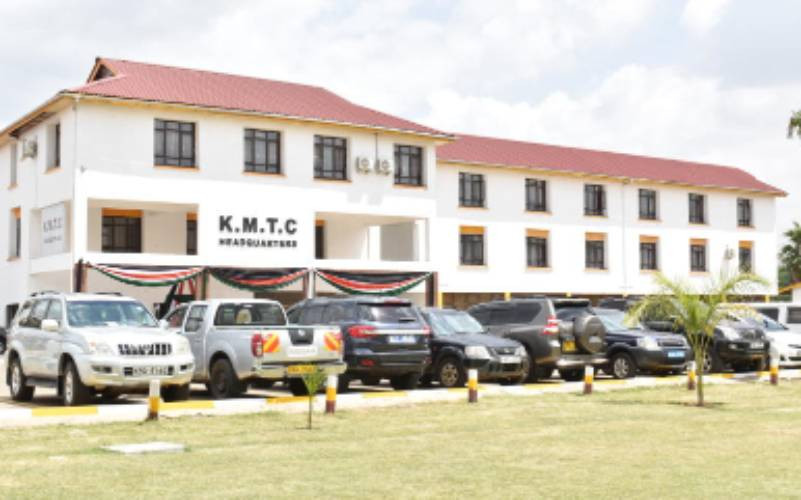×
The Standard e-Paper
Join Thousands Daily

After nearly 10 years of turf wars and sibling rivalry between two government ministries, marked with a heightened sense of self-importance and court battles, the placement row of medical students to certificate and diploma colleges has been resolved.
All students wishing to pursue medical courses in any of the Kenya Medical Training College (KMTC) institutions can now apply through the national central placement agency.